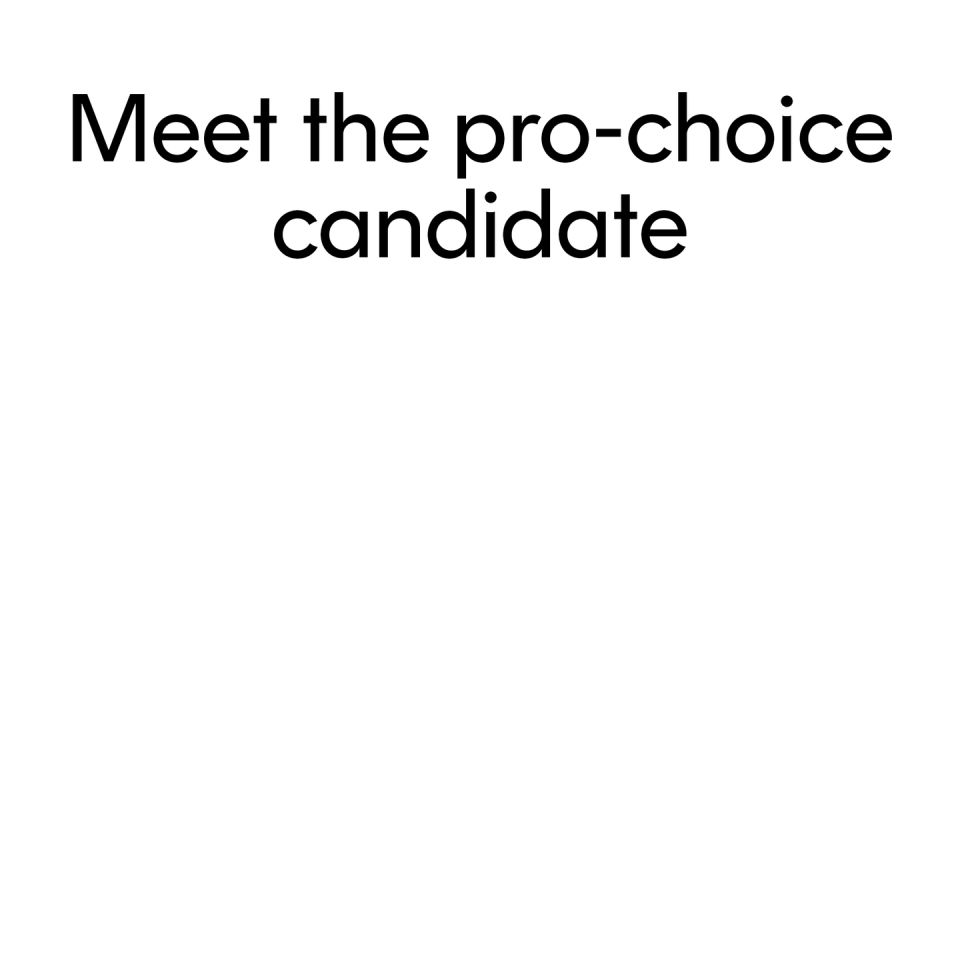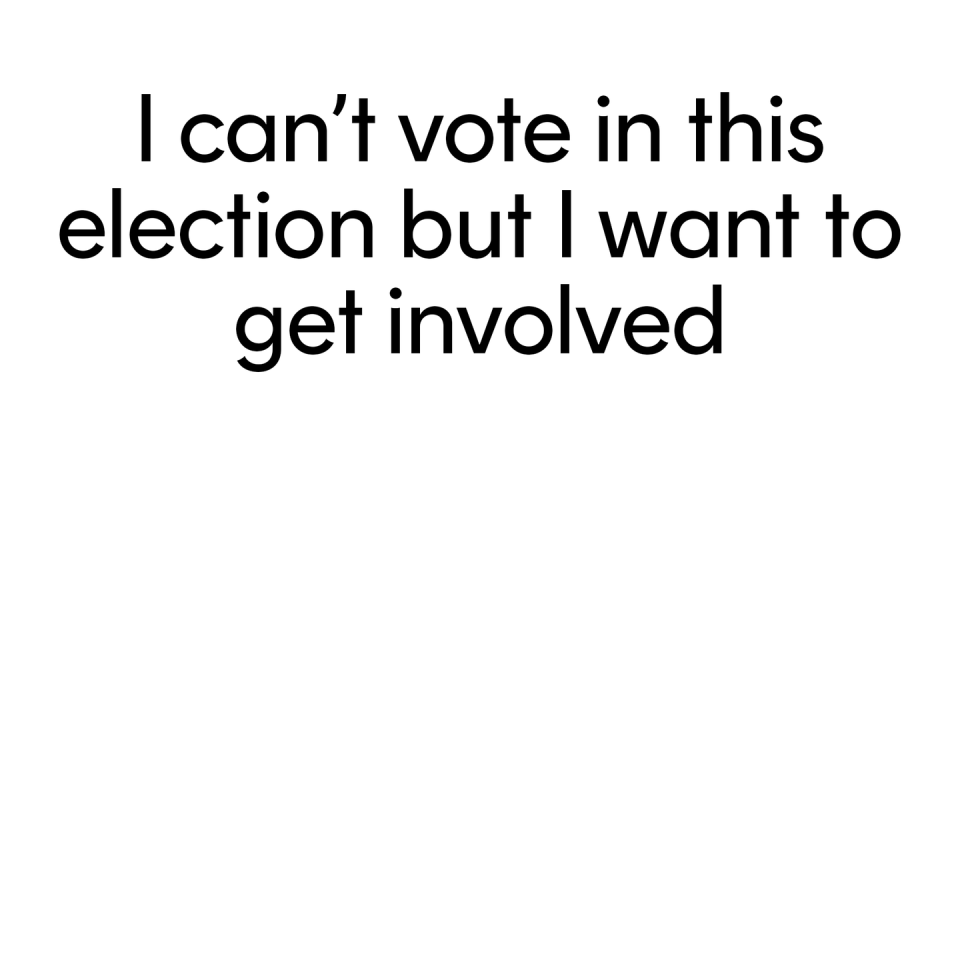Why the Michigan Attorney General Race Could Mean Everything for Abortion Access Going Forward


Not so long ago, Michigan was reliable blue territory. Then came 2016, when voters there delivered a win to Trump by a meager 10,704 votes, followed by the 2020 election and a slightly-more-robust-but-still-nerve-rackingly-slim victory of 154,000 votes for Biden. The upshot here is that the Wolverine State is officially a battleground this midterm cycle—including on the front line of reproductive rights.
Attitudes about abortion bans and restrictions fall predictably along candidates’ party lines, although recent polling reveals broad support for choice among everyday Michiganders. Still, the abortion-access situation there is best summed up as technically legal but certainly at risk: Until this fall, the state had a 1931 law on the books that banned abortion outright, with a narrow exception for saving the life of the mother. Although dormant for decades, it would have allowed prosecutors to charge physicians who performed abortion care with a felony. Last spring, Michigan Court of Appeals Chief Judge Elizabeth Gleicher signed a temporary injunction that prevented the law’s enforcement, which, as of September, has become permanent. (Phew. For now.)
And there’s more (slightly) good news: On November 8, voters have the opportunity to enshrine abortion access (as in, make it permanent permanent) into the state constitution via Proposition 3, aka the Reproductive Freedom for All proposal, which will affirm that every citizen has the fundamental right to reproductive freedom—including access to birth control, prenatal care, and safe, respectful care during birthing—and no one can be punished for having a miscarriage, stillbirth, or abortion.
“This would be a historic win for not only Michiganders but for patients in neighboring states who are depending on Michigan to remain an access point in the Midwest,” says Nicole Wells Stallworth, executive director, Planned Parenthood Advocates of Michigan.
Even if Prop 3 passes, plenty of details will still need to be sorted out in the legislature, which is where the crucial role of the state attorney general comes in. Prior to the 1931 law being struck down, incumbent Democrat (and LGBTQ+ legal pioneer) Dana Nessel—who has been Michigan’s AG since 2019—went on record saying she would not enforce the law, which she characterized as “draconian,” while her Trump-backed opponent Matthew DePerno said he would fully support abortion bans and intends to prosecute anyone who defies them. Yikes.
So, yes, while the state attorney general race might not be the sexiest (no shade!), it’s critically important that the position is held for another four years by someone who’s committed to preserving reproductive freedoms across Michigan. (Not to mention…AGs are gonna be busy this year because the flawed logic behind the repeal of Roe makes other rights—like marriage equality, contraception, and even interracial marriage—more vulnerable too.) Let’s go blue.


What first made you interested in politics?
Growing up, my family had a lot of conversations about politics around the dinner table, and that is what first sparked my interest. I actually skipped school on my 18th birthday so I could register to vote, and I haven’t missed an even-year election since.
Early on in my voting life, I got a great lesson on the importance of every single vote cast. There was a candidate running for state representative who was particularly awful, and she lost by only one vote. So when people say voting doesn’t matter, I fully disagree. Voting matters a lot.

What’s a moment from your career thus far that you’re really proud of?
Being part of the legal team that argued Obergefell v. Hodges, the U.S. Supreme Court case that legalized marriage equality nationwide. Hundreds of thousands of couples are now legally married as a result of our work.
What experiences in your life have shaped your view on reproductive justice?
I had a very difficult pregnancy. I was pregnant with triplets but had multiple complications. My doctor finally advised me that I would need to terminate one so the other two could survive. I took her advice, and despite [them] being born premature with a host of medical ailments, I now have two healthy, wonderful sons.
I think about what would happen to a woman in a similar predicament today if she were living in a state that prohibited access to safe, legal abortions. Would her doctor be too afraid of losing their license or ending up in jail to perform an emergency termination? Would the pregnant woman, already grieving and in poor health, be obligated to bear the expense of traveling to another state? What if she couldn’t afford the cost or time off work such a trip would require? Would she be forced to go through a devastating miscarriage and lose all three?
Anti-choice activists tend to look at abortion in black-and-white terms instead of seeing the wide spectrum of grays that color this issue. They claim women commonly get abortions right up to (or after!) the moment of birth, never mentioning that late-term abortions are extremely rare—in the entire state of Michigan, there were only two in 2021—and are typically the result of dire medical emergencies in which the life of the fetus and/or the pregnant woman is at stake. There are a range of pregnancy complications that can only be resolved through a D&C or D&E, procedures that are outlawed under anti-abortion laws.
What, if any, abortion law in your state needs to change?
Michigan has a 1931 ban on the books that outlaws abortion even in cases of rape, incest, or the health of the pregnant woman. It was enacted almost a century ago by an all-male legislature, and all three Republican candidates at the top of the ticket in Michigan vocally support the ban. My opponent wants to take it a step further by banning abortion even when the pregnant woman’s life is at stake and outlawing Plan B, which he compared to fentanyl.
Our governor, Gretchen Whitmer, sued to halt enforcement of the ban [before] the Dobbs decision leaked, and attorneys from my office represented her in court. Thankfully, we prevailed: A judge ruled to stay the ban until after the election, when we expect people to come out in droves and vote to approve Prop 3, the state ballot initiative that codifies abortion rights into our state’s constitution.
How have you felt about your party’s response to the overturning of Roe?
In Michigan, the Democratic party has reacted strongly and decisively by emphasizing that reproductive freedom is a right granted in accordance with the concept of equal protection under the law. We have filed lawsuits like the one mentioned in the previous question, and we helped mobilize an army of volunteers to collect enough signatures to get Prop 3 on the ballot. I’m grateful Michigan has a governor who is as committed to abortion rights as I am, and we will continue to fight for abortion access for as long as it takes.
What connection, if any, does abortion access have to broader freedoms in the U.S.?
I think the U.S. Supreme Court made it quite clear in their Dobbs opinion that the right to a safe and legal abortion is merely the first step in a quest to undo our hard-won civil rights and transform our melting-pot democracy into something that more closely resembles Gilead in The Handmaid’s Tale. If they are going to disregard a 50-year precedent and the constitutional right to privacy when it comes to abortion, there is nothing stopping them from applying the same flawed logic to marriage equality, contraception, and even interracial marriage, which were all cases decided under the same principles of a right to privacy and equal protection.



Icon illustrations by John Francis.
You Might Also Like
